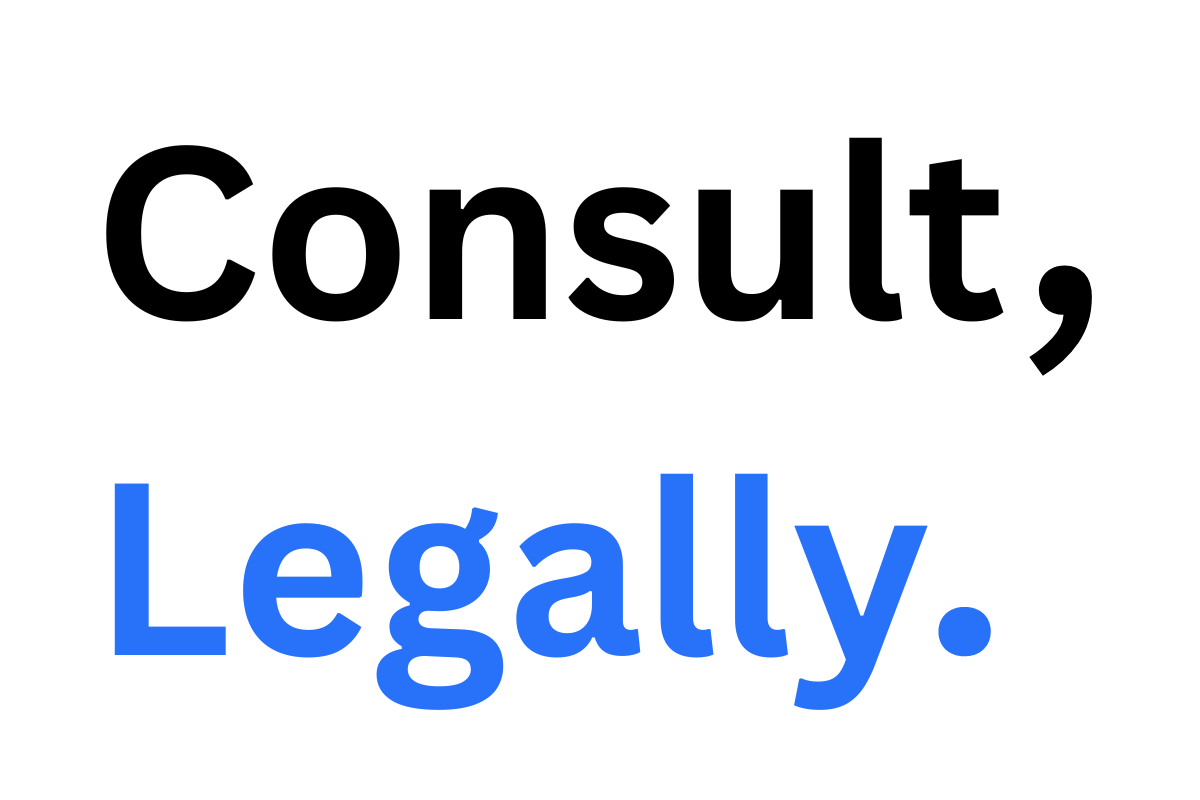November is National Family Caregivers Month, a time dedicated to recognizing the tireless efforts of those who provide care to their loved ones. If you are a family caregiver, you understand that this responsibility extends far beyond a single month. Caregiving is a year-round job, often requiring significant time, energy, and financial resources.
According to a 2023 AARP report, the value of unpaid caregiving by American families amounts to an astonishing $600 billion. This figure highlights the critical role that family caregivers play in supporting the health and well-being of their loved ones.
However, most caregivers do not take on this role for financial gain. They do it out of love and a deep sense of duty to their family members. Yet, despite their best intentions, caregiving can be overwhelming. It can take a toll on the caregiver’s physical, emotional, and financial well-being.
Fortunately, there are ways to alleviate some of the burdens, and one of the most effective methods is through estate planning. By setting up key estate planning documents, you can make the caregiving process easier and more manageable for your loved ones. This article will explore how estate planning can support family caregivers and why it is an essential step to take.
What is Estate Planning?
Estate planning is the process of preparing for the management and distribution of your assets and responsibilities in the event of your incapacity or death. It involves creating legal documents that outline your wishes for your health care, finances, and property. These documents ensure that your decisions are respected and followed, even if you are unable to communicate them yourself. Estate planning is not just for the wealthy; it is a crucial step for anyone who wants to protect their family and make caregiving easier.
The Role of a Health Care Power of Attorney
A Health Care Power of Attorney (HCPOA) is one of the most important estate planning documents you can have. This legal document allows you to designate a trusted person, known as your health care agent, surrogate, or proxy, to make medical decisions on your behalf if you become incapacitated and are unable to do so yourself.
For family caregivers, having an HCPOA in place is incredibly helpful. It provides clear authority for someone to act on your behalf without the need for court intervention. Without an HCPOA, your caregiver might have to go through a lengthy and stressful court process to gain the legal right to make medical decisions for you. This document also allows you to outline your preferences for the type of care you want, such as whether you prefer to receive treatment at home or in a hospital, and what kinds of medical interventions you are comfortable with. By providing this guidance, you reduce the emotional burden on your caregiver, who might otherwise have to make difficult decisions without knowing your wishes.
The Importance of an Advance Directive
An Advance Directive, also known as a living will, is another critical component of estate planning. This document allows you to specify your wishes for medical treatment, particularly in situations involving end-of-life care. For example, you can indicate whether you want life-prolonging measures such as mechanical ventilation, resuscitation, or feeding tubes to be used if you are unable to communicate your decisions.
Advance Directives are invaluable for family caregivers. They remove the guesswork from difficult medical decisions and provide clear instructions that reflect your values and desires. Without an Advance Directive, your caregiver might have to make heart-wrenching decisions without knowing what you would have wanted. By putting your wishes in writing, you empower your caregiver to act in your best interests with confidence and peace of mind.
How a Financial Power of Attorney Can Help
Managing finances is a significant part of caregiving, especially if the person you are caring for is no longer able to handle their own financial affairs. A Financial Power of Attorney (FPOA) is a legal document that allows you to appoint someone you trust to manage your finances on your behalf. This person, known as your agent or attorney-in-fact, can handle tasks such as paying bills, managing bank accounts, filing taxes, and making investment decisions.
For caregivers, an FPOA is a powerful tool. It provides the legal authority needed to manage the financial aspects of caregiving without having to go through a court process. This can be particularly important if you are caring for an aging parent who is struggling to keep up with their financial obligations. With an FPOA, you can ensure that your loved one’s bills are paid on time, that they have access to necessary funds for medical care, and that their financial life is in order. This document also allows you to plan for long-term care needs, such as arranging for home health care or nursing home expenses, which can be crucial in maintaining the quality of care your loved one receives.
The Benefits of a Special Needs Trust
If you are caring for a loved one with special needs, estate planning becomes even more important. One of the key tools in this situation is a Special Needs Trust (SNT). An SNT is a type of trust that holds assets for the benefit of a person with special needs, allowing them to receive government benefits such as Supplemental Security Income (SSI) and Medicaid, while still having access to additional resources for their care.
For family caregivers, an SNT provides a way to ensure that their loved one’s financial needs are met without jeopardizing their eligibility for essential government benefits. This is particularly important because many government programs have strict income and asset limits, and receiving an inheritance or financial gift could disqualify a person from receiving benefits. By placing assets in a Special Needs Trust, you can provide for your loved one’s future without disrupting their benefits. Setting up an SNT can be complex, so it’s advisable to consult with an estate planning attorney who specializes in special needs planning.
Understanding Medicaid Planning
Medicaid is a government program that provides health insurance to low-income individuals, including many elderly and disabled people who cannot afford care. However, qualifying for Medicaid can be complicated, as there are strict income and asset limits. Medicaid Planning is the process of arranging your finances in a way that allows you to qualify for Medicaid benefits while preserving your assets.
For caregivers, Medicaid Planning can be a crucial part of ensuring that their loved ones receive the medical care they need. Without Medicaid Planning, an individual might have to spend down all of their assets to qualify for benefits, leaving them with little to no financial resources. This can put a significant strain on caregivers, who may have to step in to cover expenses. By working with an elder law attorney to create a Medicaid Plan, you can protect your loved one’s assets and ensure that they have access to the care they need, whether it’s in a nursing home, assisted living facility, or at home.
The Role of a Last Will and Testament
While many estate planning documents are focused on decisions that need to be made during your lifetime, a Last Will and Testament (commonly known as a will) is a document that outlines your wishes for after your death. In your will, you can specify who you want to inherit your property and assets, who should care for your minor children, and who you want to serve as the executor of your estate.
For caregivers, a will can provide clear instructions that simplify the probate process, reducing the time and expense involved in settling your estate. This can be particularly important if your caregiver is also one of your heirs, as it ensures that your estate is distributed according to your wishes without unnecessary delays or disputes. A will also allows you to appoint a guardian for your minor children, providing peace of mind that they will be cared for by someone you trust.
Protecting Your Caregivers with a Comprehensive Estate Plan
Creating a comprehensive estate plan is one of the best ways to support your family caregivers. By taking the time to set up the necessary legal documents, you can make the caregiving process easier and less stressful for your loved ones. Here are some steps you can take to get started:
- Consult with an Estate Planning Attorney: Estate planning can be complex, especially if you have a large estate, special needs, or complicated family dynamics. An experienced estate planning attorney can help you navigate the process and ensure that your documents are properly drafted and legally binding.
- Gather Important Documents: Before you meet with an attorney, gather important documents such as your birth certificate, Social Security card, property deeds, insurance policies, and financial statements. This will help your attorney understand your situation and create a plan that meets your needs.
- Discuss Your Wishes with Your Family: It’s important to communicate your wishes with your family members, especially those who will be responsible for carrying out your estate plan. This can help prevent misunderstandings and ensure that everyone is on the same page.
- Review and Update Your Estate Plan Regularly: Life circumstances change, and your estate plan should reflect those changes. Review your plan regularly, especially after major life events such as marriage, divorce, the birth of a child, or the death of a loved one, and make updates as needed.
Conclusion
Estate planning is not just about protecting your assets; it’s about protecting the people you care about. By creating a comprehensive estate plan, you can make caregiving easier for your loved ones and ensure that your wishes are respected. Whether it’s through a Health Care Power of Attorney, Advance Directive, Financial Power of Attorney, Special Needs Trust, Medicaid Planning, or a Last Will and Testament, each of these tools plays a crucial role in supporting family caregivers.
November is National Family Caregivers Month, and there’s no better time to start planning for the future. By taking action now, you can provide peace of mind for both yourself and your caregivers, knowing that you’ve done everything you can to make the caregiving process as smooth and stress-free as possible.

